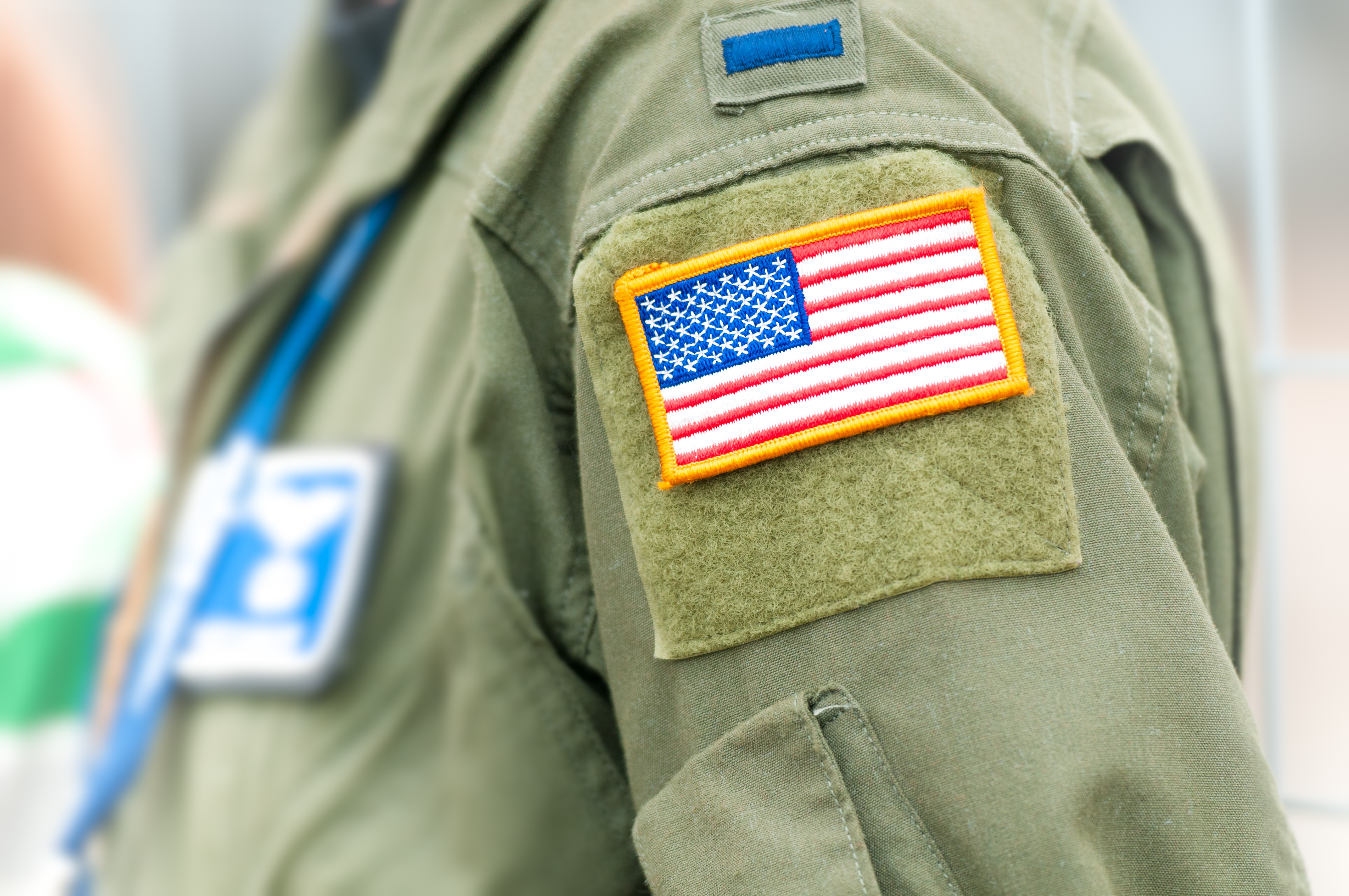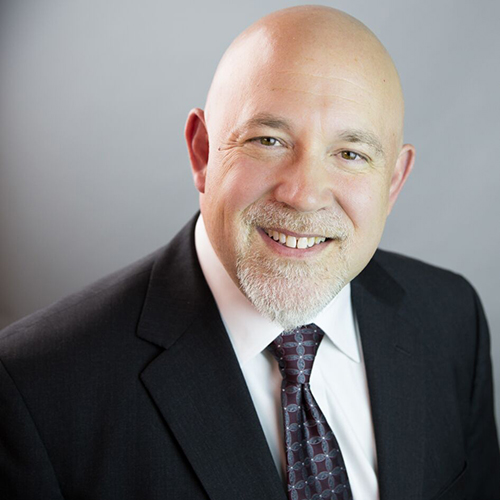Military Forensic Psychologist - The salary of a military psychologist usually depends on a person's rank in the military. As of January 2023, military psychologists earned an average annual salary of $88,318, while those with 10+ years of experience earned more than $160,000 per year.
The MSc in Psychology (Forensic Medicine) can be completed in two years of full-time study. Please note that this study program is intensive, including face-to-face requirements. Vocational practice activities are mainly time-consuming and not tied to a specific time.
Military Forensic Psychologist
![Dvids - Images - Army Psychologist Shares Unique Skills [Image 2 Of 5]](https://d1ldvf68ux039x.cloudfront.net/thumbs/photos/0906/181755/1000w_q95.jpg) Source: d1ldvf68ux039x.cloudfront.net
Source: d1ldvf68ux039x.cloudfront.net
It is not possible to complete the program part-time while working full-time. Entry to the program is competitive due to the limited number of places available each year. Selection is based on academic qualifications, two referee reports and assessment center performance.
What Is The Average Salary For A Military Psychologist?
Only shortlisted applicants will be invited to attend the Assessment Centre, which must be attended in person at UNSW (Kensington Campus). While work experience is not a requirement for admission, applicants with work experience will be actively considered, even if the work is not necessarily clinical or forensic related.
Aspiring forensic psychologists must look beyond the glamorous image of the profession presented by the entertainment industry. The field is a demanding one, requiring a strong scientific background and extensive research skills. Practicing psychology in the military can be incredibly rewarding, but also incredibly stressful.
The opportunity for military psychologists to work around the world and in many different settings appeals to many because of the ability to travel and work with clients in clinics, hospitals, or even on naval ships or in or near combat zones.
Psychology is an ideal career path for anyone who enjoys working with and caring for others. At UNSW Science, our graduates demonstrate skills in assessing, diagnosing, preventing and treating problems at an individual and organizational level.
 Source: i.pinimg.com
Source: i.pinimg.com
What Is It Like To Be A Military Psychologist?
Many future military psychologists went on to obtain a Ph.D. Ph.D. and Ph.D. in psychology. Courses are popular, and a variety of degree programs are offered in the field of military psychology. These programs shift the focus from coursework-driven research to practical practice.
Long working days 18-hour days are not unusual in urgent legal cases. In many positions, you must be on call at least part of the time and can travel on short notice. Due to severe psychological trauma, forensic psychologists work closely with neuropsychologists and neurologists to assess the severity of mental illness for legal and medical purposes.
This is especially important because forensic psychologists must address the abilities of military personnel, criminal guilt, and motives that lead to criminal hearings. Their professional opinion is important because the competence and criminal responsibility of the accused is critical to military operations.
Some fields of work are unique to military psychology. Psychologists in the field are often called upon to evaluate officer candidates to determine whether they possess the psychological characteristics that will enable them to perform the duties of their positions.
What Does A Military Psychologist Do?
At the bottom are the ethical issues for forensic psychologists. What is described as a "close relationship" with the lawyer who hired you is one of the most important issues. Of course, friendships often develop and can compromise the required objectivity.
Military psychologists have many of the same roles and functions in traditional settings. Often, military psychologists are referred to as clinical military psychologists because of their emphasis on assessing, diagnosing, and treating mental disorders in military clients.
 Source: api.army.mil
Source: api.army.mil
In this capacity, military psychologists provide therapeutic services, such as counseling, as well as training and psychoeducational programs for military personnel, such as substance abuse education classes. To contact an Army Medical Care Recruiter (AMEDD), visit https://www.goarmy.com or call 1-888-550-ARMY.
If you have any problems or need assistance during commissioning, you can contact Dr. Patrice Shanahan at Patrice.e.shanahan.mil@mail.mil (National Training Coordinator for Army Psychology). Psychology qualifications from overseas must include a major research thesis/project and must be assessed by the Australian Psychological Society (APS) as equivalent to a four-year APAC-accredited psychology sequence completed in Australia.
Why Military Psychology Is Important?
Please note that you must assess your eligibility before applying. This need for practice guidelines should be considered as a necessity to address the diagnosis of such diseases. In a study done in the late 1980s, you would be surprised to learn that 15 out of every 100 Vietnam veterans (or 15%) were diagnosed with PTSD.
However, the National Vietnam Veterans Adjustment Study (NVVRS) estimates that approximately 30 out of 100 (or 30%) Vietnam veterans will experience PTSD in their lifetime. After military personnel complete their service, military psychologists play an important role in addressing any issues that arise as a result of their service.
Military psychologists are the first line of defense when it comes to helping service men and women adjust to civilian life and deal with problems in healthy ways. Therefore, it is necessary for military psychologists to ensure that veterans have the resources they need to live healthy, happy lives.
Careful evaluation by a forensic psychologist is necessary to distinguish service members with valid symptoms of PTSD. Forensic psychologists must determine competency and criminal responsibility and inform the court of the assessment. Military psychology is important for a number of reasons.
/157185257-56a793d93df78cf772974ebe.jpg) Source: www.verywellmind.com
Source: www.verywellmind.com
Military Psychologist Licensure
First, military psychologists help determine who is eligible for military service and who is at risk. This ensures the safety of military personnel and the public, as those with poor mental health or problems are not accepted into service.
Licensing as a military psychologist requires the completion of several criteria. Generally, psychologist licensure is only available to individuals with a Ph.D. Licensure requirements typically include at least two years of supervised practice under the direction of a licensed psychologist and passing scores on state and/or national exams.
Psychology qualifications from overseas must include a major research thesis/project and must be assessed by the Australian Psychological Society (APS) as equivalent to a four-year APAC-accredited psychology sequence completed in Australia. Please note that you must assess your eligibility before applying.
The topics that military psychologists and civilian psychologists deal with on a daily basis can also be very different. A civilian psychologist may work with a client with dissociative identity disorder, then an anorexic client, then another client with anger management problems, while military psychologists usually work with clients suffering from PTSD, stress, substance abuse problems and grief.
What Skills Are Required To Be A Military Psychologist?
Ethical considerations As an engaged consultant, you may have to take a position in a case, just like a lawyer, which can create stress and frustration. This aspect of work in particular contributes to high burnout rates.
Learn from leading educators in the sector You come to the University to learn from experts - leaders in their fields who strive to create new knowledge. The School of Psychology is famous for its research tradition.
 Source: careersinpsychology.org
Source: careersinpsychology.org
Many of our staff have international reputations in their fields, some of whom are Fellows of the Australian Academy of Social Sciences. Our employees attract millions of dollars in external research funding each year. Students often focus their internships and postdoctoral research in clinics, hospitals, mental health centers, community organizations, and government agencies at all levels, and seek to contribute to the fields of medicine and research through their discoveries and research.
Military psychologists work with active duty military personnel and veterans to provide pre-duty assessments, assist and support the detection and treatment of mental health issues, and support families when military-related conflicts arise. The MSc Psychology (Forensic) will develop your knowledge and skills in ethics, critical thinking, clinical practice and research design and evaluation.
What Are The Differences In The Practice Of Military Psychology From That Of Civilian Psychology?
You will study these core skills in the context of the criminal and civil fields. The program consists of three main components - courses, professional practice and a research thesis. Civil Specialization Forensic psychologists who consult with civil courts will primarily interact with family, divorce, child custody, probate, and other non-criminal courts.
Civil courts involved in litigation or torts may ask forensic psychologists to assess emotional or psychological harm in personal injury, sexual harassment and workers' compensation claims. Forensic psychologists can be involved in all professional aspects of the interface between psychology and law.
Forensic psychologists work in a variety of settings, including prisons, courts, police, probation and parole, juvenile justice, public policy, insurance, community service, and child protection. Entry to the program is competitive due to the limited number of places available each year.
Selection is based on academic qualifications, two referee reports and assessment center performance. Only shortlisted applicants will be invited to attend the Assessment Centre, which must be attended in person at UNSW (Kensington Campus). While work experience is not a requirement for admission, applicants with work experience will be actively considered, even if the work is not necessarily clinical or forensic related.
 Source: militaryforensicpsychologists.com
Source: militaryforensicpsychologists.com
Postdoctoral Fellowships
An increasing number of mental health problems have overwhelmed the military justice system, creating the need for forensic psychologists to help with psychological and criminal problems. In addition, psychological problems increase domestic and physical assaults, sexual crimes, murders and other crimes that increase the number of court cases.
Mental health issues have been the basis for determinations of mental retardation, assessments of competency and insanity, criminal cases and sentencing, particularly death penalty hearings. Forensic psychologists have worked hard to bridge the gap between psychology and legal affairs and provide reliable assessments for military courts.
According to National Academies Press (2020), nearly 2 million military personnel serve on active duty with the OIF and OEF. A significant proportion of those receiving services experience mental health issues such as anxiety, depression, traumatic brain injury and post-traumatic stress disorder.
Over the past 20 years, the dramatic increase in mental illness has completely saturated the military health care and justice systems. More than 40,000 military members were diagnosed with PTSD immediately after OIF and OEF, forcing some to retire (Anxiety and Depression Association of America, 2020, para. 1).
Postdoctoral Fellowships
Thus, in each year, 11-20 out of every 100 veterans may suffer from PTSD (US Department of Veterans Affairs, n.d., para. 1). Preparation for professional practice The program includes a professional practice component where you will complete a minimum of 1,000 hours of supervised placement in the UNSW Forensic Psychology Clinic and at least two other field placement settings.
This practical experience will ensure that you develop and demonstrate competence in the wide-ranging work carried out by forensic psychologists. When forensic psychologists work in family law, they provide psychotherapy services, investigate reports of child abuse, conduct child welfare assessments, and conduct visitation risk assessments.
Forensic psychologists who work in civil courts provide psychological treatment, assess competency and provide second opinions to victims of crime. Those who work in criminal courts evaluate juvenile and adult offenders, conduct mental capacity assessments and work with child witnesses.
Regardless of the area of focus, postgraduate study will involve advanced courses in clinical practice and/or research that will prepare students to be competent in their work. Graduate programs usually take at least 2-3 years to complete, depending on the degree program.
What Is The Workplace Of A Forensic Psychologist Like?
Becoming a military psychologist is also a source of pride for many in the field because the work they do is so important to keeping military members and their families safe, happy and mentally healthy.
forensic psychologist jobs, forensic psychologist near me, forensic psychologist salary, requirements for a forensic psychologist, forensic psychologist definition, military forensics jobs, forensic psychologist degree, where do forensic psychologists work